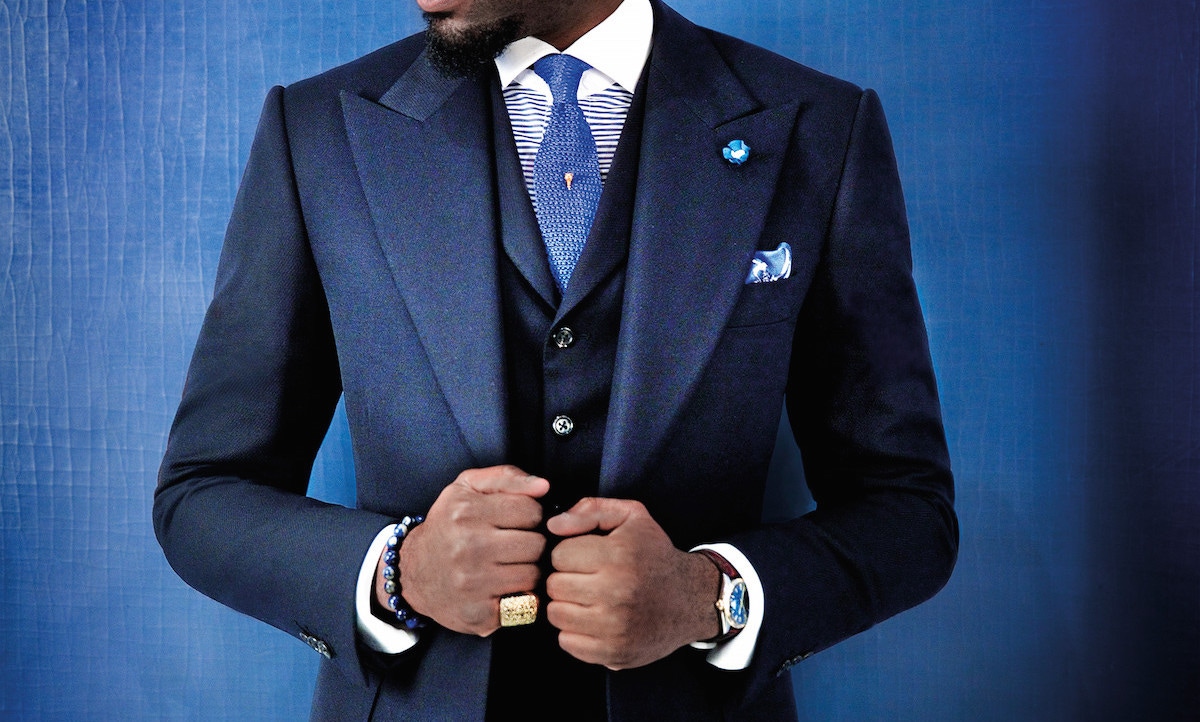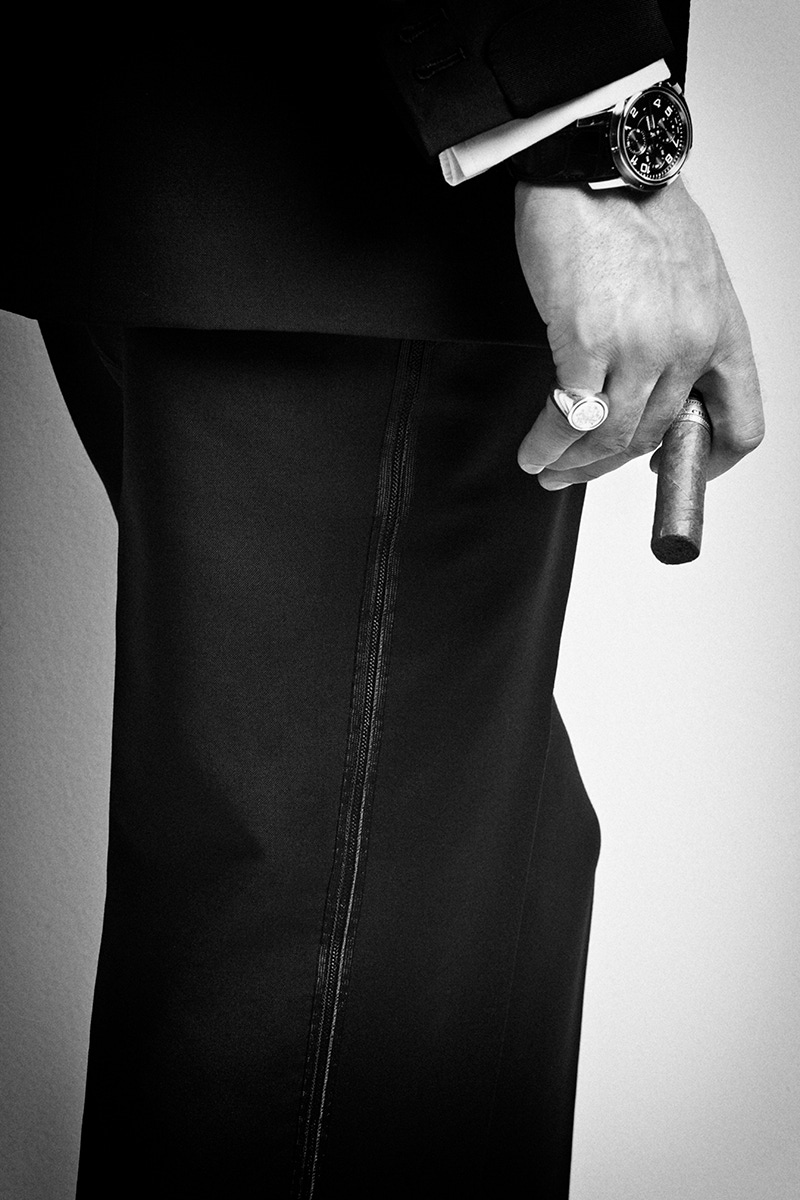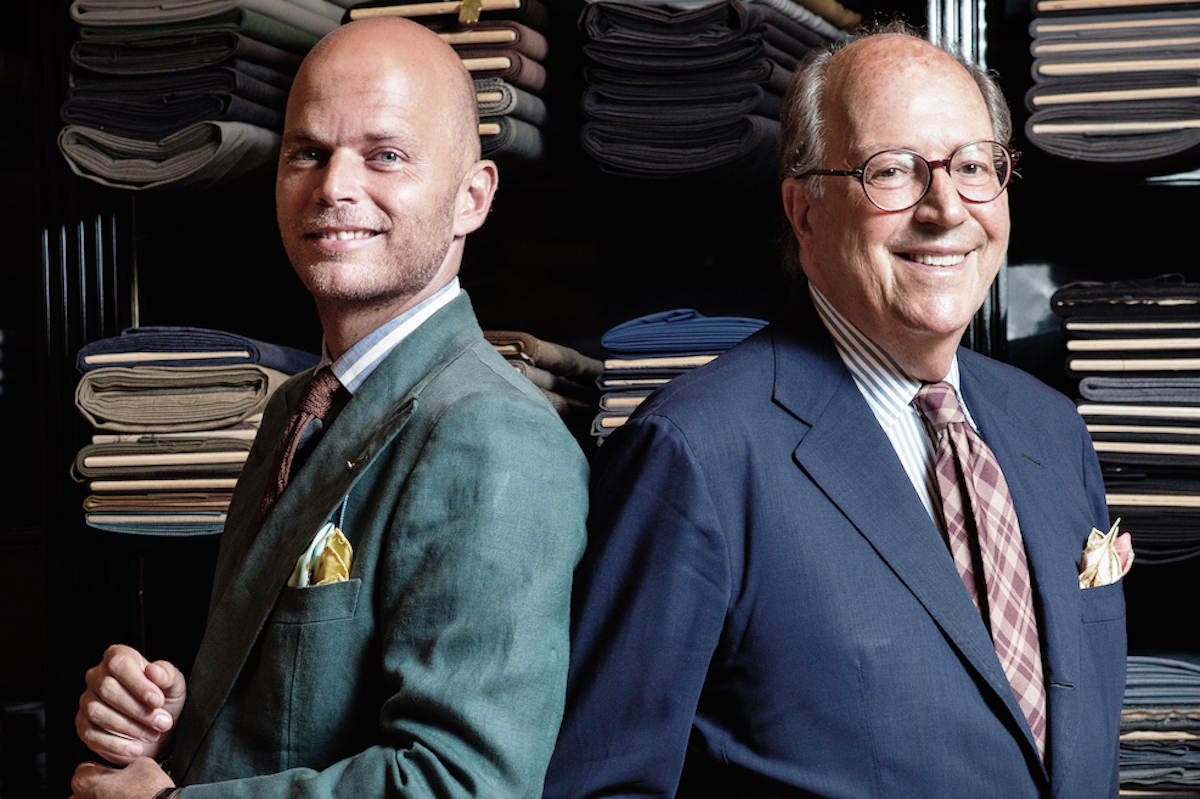Introducing Issue 88 Cover Star, Cary Elwes

To set this scene well, we must go back almost 50 years, to 1975, and the opening of a hairdressing salon. shows. It became my passion, and because I had so much fun studying it, I realised I had found my calling very early on.” Like many in the U.K. who acquire some formal acting education, the grounding, emphasis and focus for Cary was on the theatre. It is not dissimilar to the way in which new military recruits learn the ancient elements of soldiering — infantry — before discovering further skill sets. Or perhaps reciting amo, amas, amat before Ich liebe, tu aimes, lui ama. “I am of that era when I studied all the theatrical greats, like Olivier, Gielgud... The salon, on London’s Pont Street, was called Figurehead. This was the heyday of the London hairdressing scene, with Ricci Burns, Vidal Sassoon, Gavin Hodge and George Britnell all somehow imbued with rockstar personas, which attracted the attention of the periodicals. Britnell had created Figurehead with the artist Dominick Elwes, who, for the opening- night party, told the P.R. guru he’d hired that the salon should be full-to-bursting, so that people would spill onto the streets and catch the curious looks of commuters returning home from work. The P.R. guru — Betty Brittain was her name — invited essential journalists, including the then assistant beauty editor at Vogue, Susan Fahey, as well as a number of filler guests to get the numbers up, one of whom was a dashing, debonair former cavalry officer called Nick Chamberlin (see where I’m going with this yet?). Susan and Nick met for the first time at the party, chatted, and went for dinner afterwards. Cut to 1987, and yours truly comes along. Now cut to 2023: I log into a Zoom call with our cover star, Cary Elwes, the son of Dominick, in an encounter that would not have been possible had his father not opened that salon several decades earlier. Excellent coincidences in the Elwes story do not end there: our conversation included tales of chance encounters with Al Pacino as well as Cary’s being cast in the role of his grandfather’s boss in a soon-to-be-released Guy Ritchie movie (more of which later).
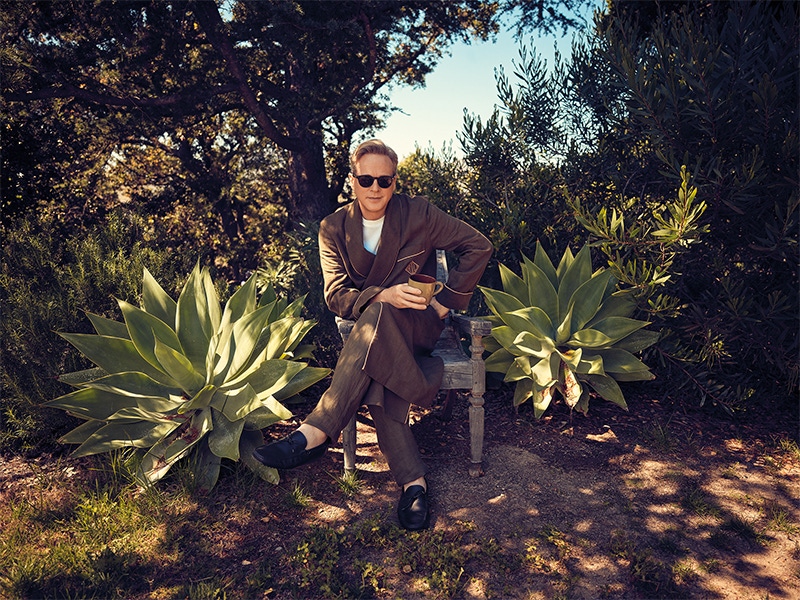
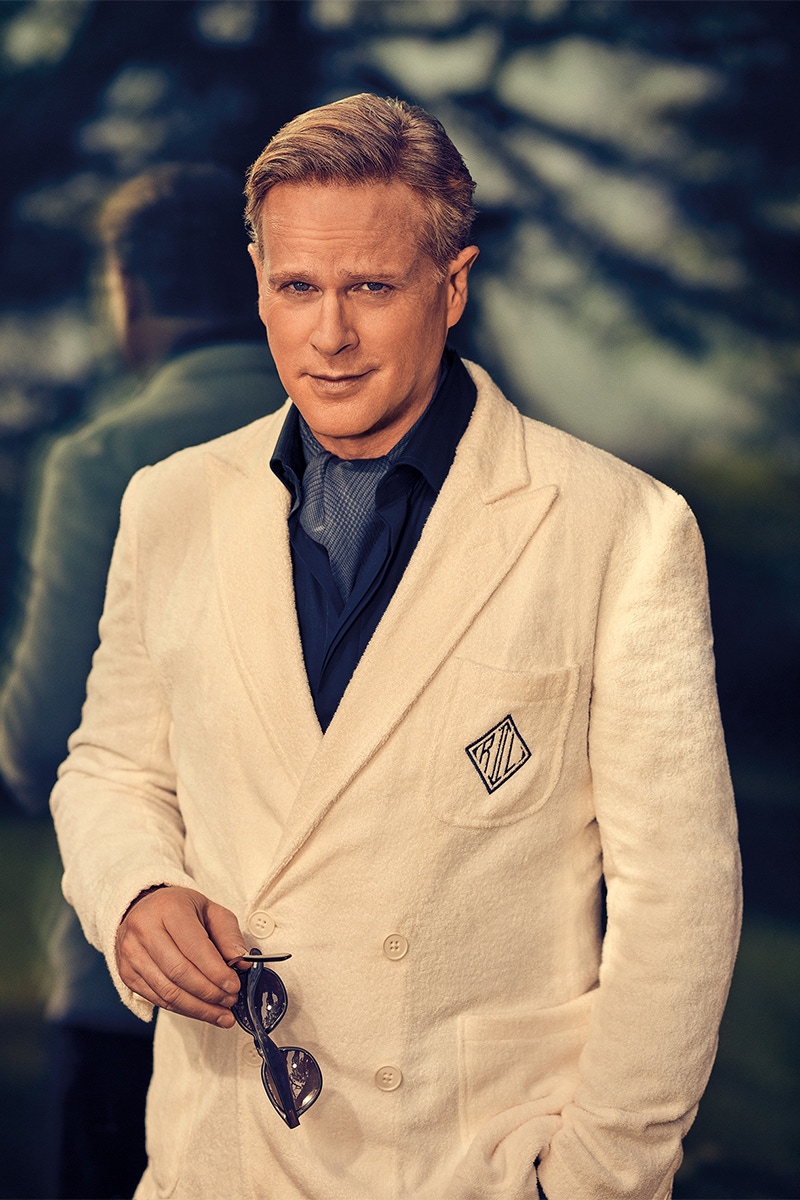
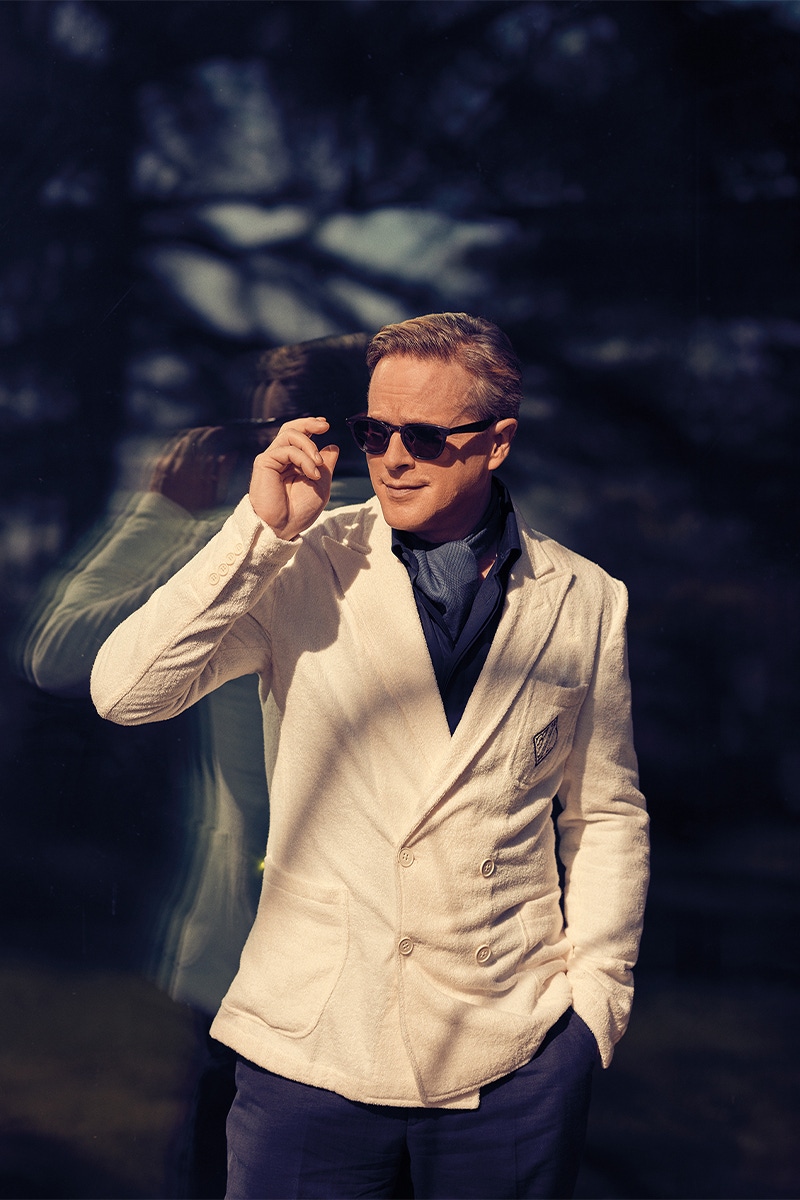
He began studying at schools in America but his eventual enrolment at the Lee Strasberg Theatre and Film Institute was inspired only by a chance meeting with Pacino (a man who would surely have been on Cary’s list of favourite American actors). “I came across Al Pacino in a restaurant, and he was the catalyst for getting me to audition for the Lee Strasberg institute,” Cary says. “He essentially changed my career path. I saw him in a restaurant and I didn’t want to interrupt him. My friend said that I was an actor, and [Pacino] asked what I was doing. I said I was between jobs, and he said, ‘Oh, well, you’re drifting’, and my heart sank — I thought, Great, Michael Corleone has called me a drifter. He tapped my forehead and said, ‘What’s this?’ I said it was my brain but he said no, then he tapped my heart and asked, ‘What’s that?’ I said, ‘It’s not my heart, is it?’, and he said, ‘No, these are muscles, Cary. When you go to the gym you have to work these out, too.’ So he convinced me to go and audition, and I got in and haven’t stopped working since.”
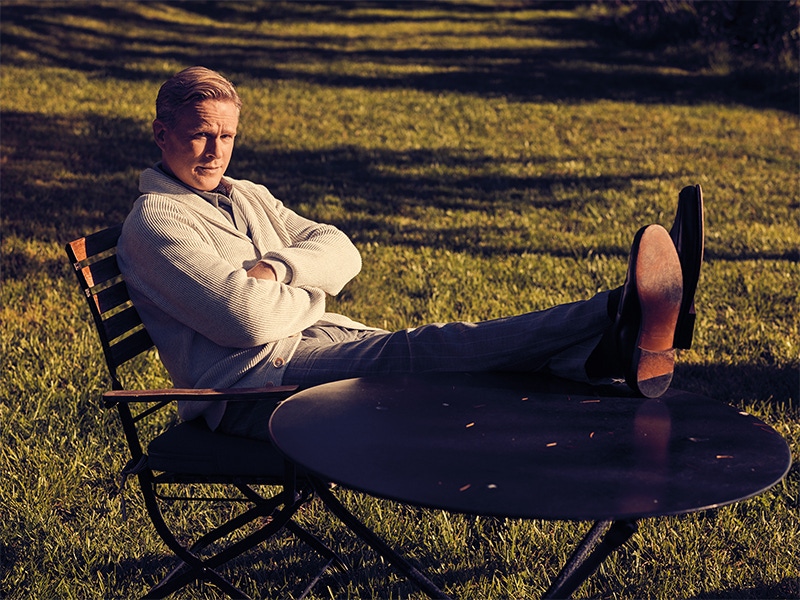
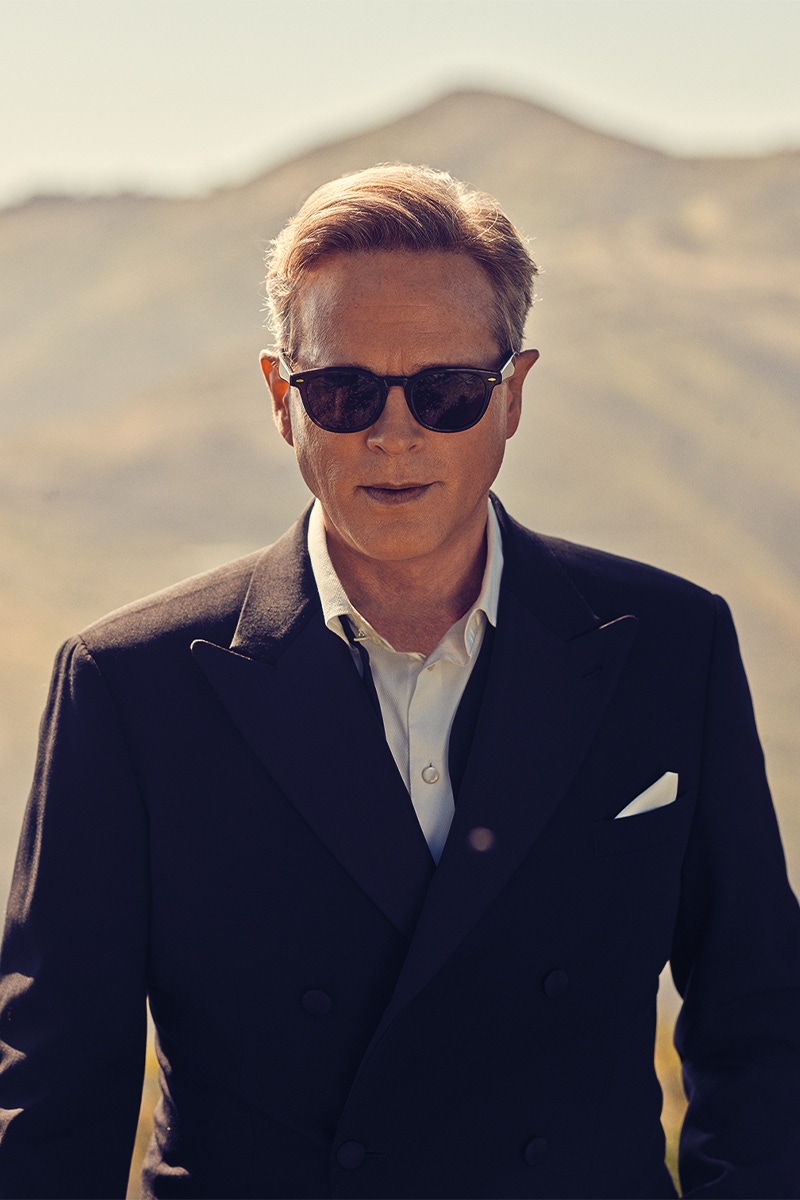
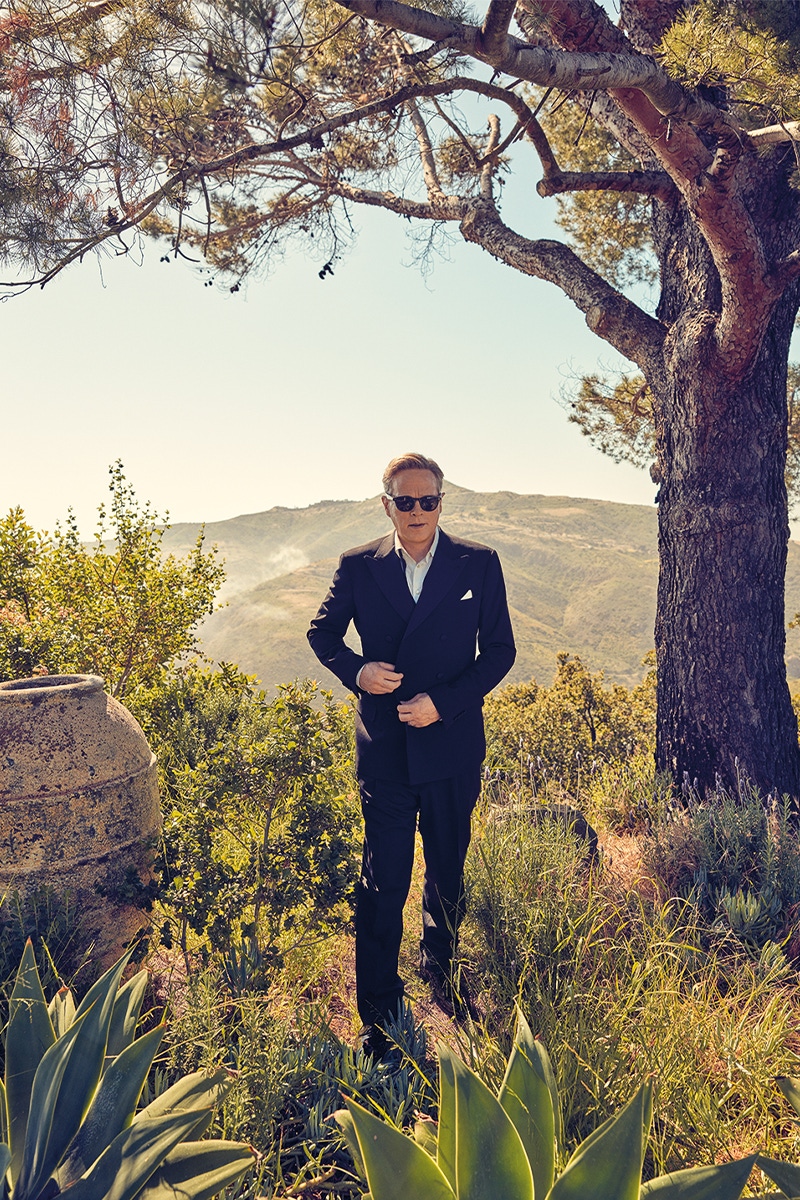
The timing of Cary’s career means he has straddled different eras. The elder statesmen of Hollywood when he started out never came to know streaming, and the yearlings today have known nothing else. “I think streaming and phones have changed everything,” he says. “Young people get most of their information and entertainment from phones. Do I try to encourage my daughter to watch T.V. and go to the theatre and cinema more? Yes, because I try to explain to her that these shows she’s watching are not made for telephones. You need to appreciate the production value and the quality of the direction, the acting and all of the departments — you can really only appreciate that on a big screen.” He has tried to mitigate the effects of all this, aided by his career and the capacity to include clauses in his contracts that allow him to take his family to filming. “I am very fortunate I have earned the respect of [the studios’] business affairs to accommodate me in very generous ways,” he says. “That is an important part. I have earned the right after all these years to help facilitate the ability to spend more time with my family. I try to have them with me on location.
Cary has added himself to the cohort of men who are showing that relevance, sex appeal and charisma are not contingent on youth. He is among the sexagenarians who continue to work on challenging, action-packed, physical films. His energy levels are certainly showing no signs of waning. “I have a desire to keep learning and growing, and other artists help me along that journey,” he says. “I think I’ve managed to attract the kind of people and the kind of projects that I want to work on in my life, and that’s a blessing.” The formative years of my movie watching were spent, by and large, watching Cary Elwes films. I would have been grateful enough for that, but discovering the extraordinary decades-old coincidence that helped lead me to this interview made it that much sweeter and more poignant. The inevitable sense of nostalgia provoked by the merest mention of The Princess Bride is one thing, but Cary has no need for it: he’s still busy creating new moments of film legend. In other words, he is busy living in the moment, which too is a blessing.
Read the full interview with Cary Elwes in Issue 88, available to purchase on TheRake.com and on newsstands worldwide now.
Subscribers, please allow up to 3 weeks to receive your magazine.
